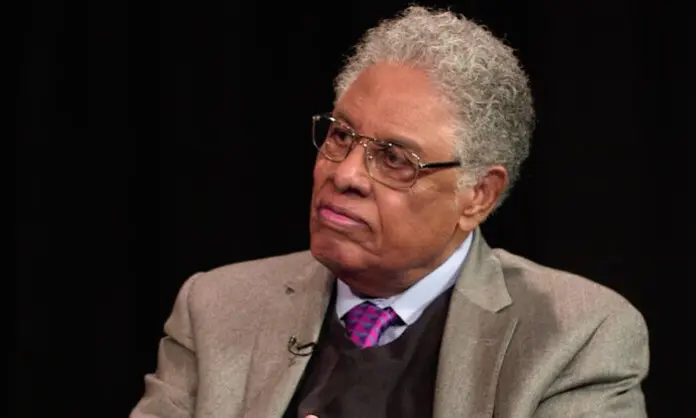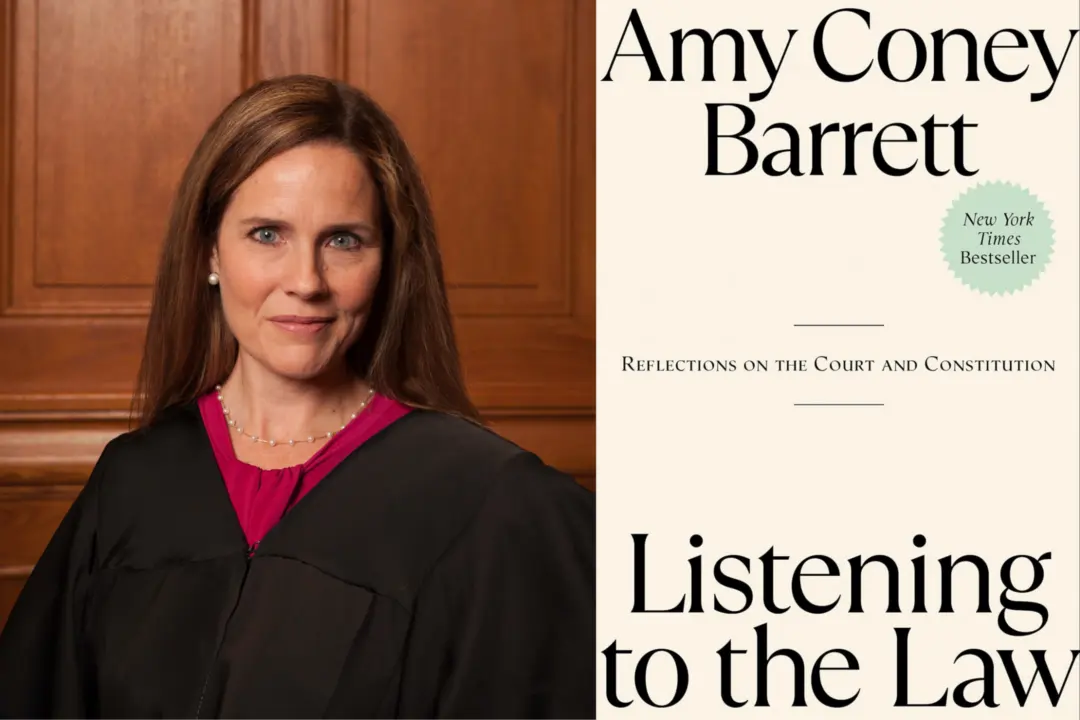A new biography by Jason L. Riley called “Maverick: A Biography of Thomas Sowell” focuses on the critical thinker Thomas Sowell, who seems to think with every fiber of his being.
As of this writing, Thomas Sowell is 91 and going strong. According to Prager University, he is “an economist, a historian, a philosopher, and one of the greatest social theorists America has ever produced. In a career spanning six decades, he’s published more than 40 books and written thousands of newspaper columns on topics ranging from economic history and political philosophy to social inequality, education, and race. And he might be the most important scholar you’ve never heard of. ”





